"Foie gras without force-feeding"
The natural food store "Herrlisch" offers a certified organic alternative to the controversial delicacy.
A highly controversial culinary delicacy is foie gras. For its production, geese and ducks are brutally force-fed during their last three to four weeks of life, causing their livers to fatten and swell to three to seven times their normal weight. In Grünstadt, there is an alternative without animal cruelty.
The production of foie gras has been banned in the European Union since 1999, but in some places it is still secretly continued. The French have officially circumvented the ban since 2005 by declaring foie gras a "national and gastronomic heritage."
However, there is a bio-certified variant that promises comparable enjoyment with a clear conscience: Happy Foie. The product was developed by musician, cabaret artist, and nutrition expert Tobias Sudhoff. He teaches at the University of Applied Sciences Münster in the Department of Oecotrophology and is a co-founder of the competence team "food lab". For two years, he was also the head chef of the Michelin-starred restaurant Westfälische Stube at the Parkhotel Surenburg. In the meantime, he runs his own establishment.
His idea for producing alternative liver: One takes the metabolic organ of healthy animals that were able to enjoy free-range farming on selected partner farms and were guaranteed not to suffer from force-feeding. After the slaughter of the poultry, these livers are enriched in a special process with high-quality organic fats. With the "delicate-cool melt and the nutty-comforting sensory experience," the product is said to be on par with the taste of French delicacies, assures the inventor, citing the results of double-blind tastings.
This is also confirmed by Sibylle Albrecht, who runs the organic food store "Herrlisch" in the center of Grünstadt with her husband Niels-Holger. "We got to know Happy Foie at the Biofach trade fair in Nuremberg in February, and we were totally convinced by it," she says. She wants to introduce the "foie gras without force-feeding" to the range on the occasion of the German-French farmers' market. "The timing is right, as it is a seasonal product with a shelf life of only three months, which is more often consumed in the cold season," Albrecht explains. She sees the product as even cheaper than the original. She is convinced that there is a demand for it among her customers. Foie gras is eaten a lot, she knows. The organic sector is also so successful because it increasingly offers products that people know from conventional everyday life. "In the early days of the organic movement, for example, it was unthinkable to buy white flour rolls in a natural food store," Albrecht clarifies. Speaking of white flour: The Happy Foie can be tried on Sunday with brioche. The egg-rich pastry is made "in the best quality" by the Freinsheim association "Brotgeschichten" of biologist and agricultural scientist Verena Rappaport in a stone oven.












